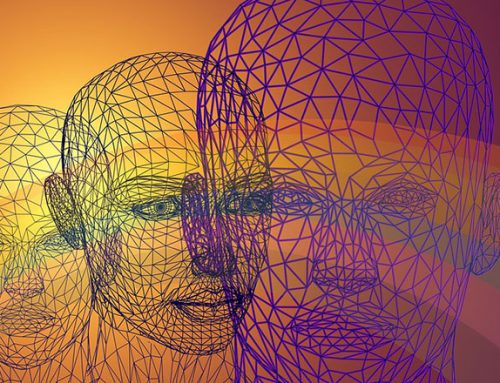We all belong to systems.
Our family, our extended relatives, our circle of friends at school, our sphere of friends online, our colleagues at work, the community we live in, the government we live under, the environment we thrive in… these are just a few examples of the systems we belong to in our lives.
When was the last time you took a step back to consider this?
Minor or major, every action we take has an impact on the system as a whole.
Oftentimes, we do things without being aware of the full effect of our action.
We’re often so concerned with our position in the system that we neglect to see it as a whole and neglect to take into consideration others’ perspective and stance.
Major crises are often the result of a very small negligence that has far reaching unexpected consequences.
When we see a system as a whole we begin to notice how it is weakened by conflict. Conflict occurs in a system where different parts are trying to pull things in opposing directions.
Sometimes, we feel so entitled to our position that we unintentionally fail to see things beyond our self-interest.
This has become even more apparent to me since I started university in London – a complex system of over 8 million people.
Pedestrians cross the road regardless if the light is green for them – if they think they can make it (disclaimer: I am guilty of this). This can negatively affect the driver’s mood and slow down traffic in an already crammed city.
The fire alarm has gone off 5 times in my student hall in 3 weeks, forcing people to stand outside and fire trucks to be called to the scene. This has happened twice (so far) because someone broke the glass and pressed the alarm button, deliberately. While this example is specific, it is an example how we sometimes do something to entertain our friends at the expense of the entire system. The Boy Who Cried Wolf: the fire alarm has gone off so many times that some people just stay in their rooms now rather than go outside for nothing – which will be life-threatening if one day it isn’t a joke anymore.
On a positive note, people on escalators learn to always stand on the right to allow people to walk down on the left. This is system-conscious cultural expectation makes going down the London Underground a lot smoother!
When we become aware of the potential consequences of our actions and we take on a system-thinking approach, we are likely to make better decisions, and be more considerate and sensitive to the needs of those around us.
How do we improve this ability? We keep it in our awareness by considering the right questions, such as
Who else will I affect with my decision?
How will I affect them?
Do I want to affect them that way?
How can I avoid an effect if I don’t want it?
Is there anything else I should consider?
How does my decision affect the wider systems I inhabit?
Becoming alert and considerate towards the needs of the system as a whole is the first step toward building a world to which we want to belong.
Let’s all build a world to which we want to belong.







Leave A Comment
You must be logged in to post a comment.